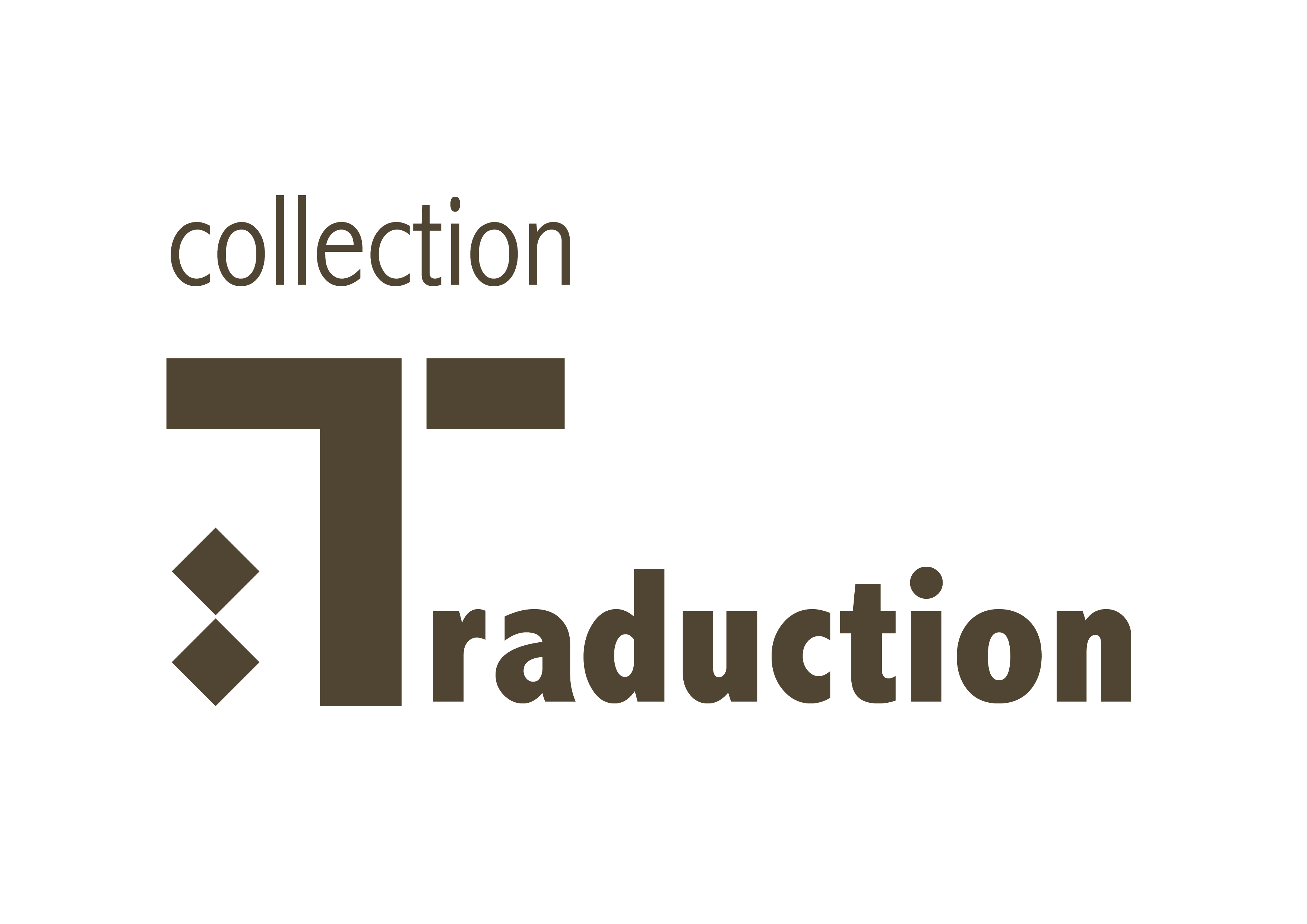Translation Now We Are Free: Unlocking The Power Of Liberation Through Words
Ever wondered what it means when you hear the phrase "now we are free"? Well, buckle up, because we’re diving deep into this powerful statement and its translation across languages. It's not just about words—it's about the emotions, history, and cultural significance behind them. This phrase carries a weight that resonates with people worldwide, whether they're fighting for personal freedom, societal change, or simply embracing a new chapter in life.
Let's face it, freedom is one of those universal concepts that everyone craves. From ancient civilizations to modern societies, humans have always sought liberation from oppression, limitations, and constraints. And when we say "now we are free," it's like hitting the reset button on life. But what does it mean in different languages? How can we translate this powerful sentiment while preserving its essence? That's exactly what we're here to explore today.
So grab your favorite drink, get comfy, and let’s embark on this linguistic journey together. By the end of this article, you'll not only understand the translation of "now we are free" but also gain insights into its cultural implications and why it matters so much in today's world. Trust me, you won't regret it.
- Hdhub4u Free Movie Paradise Or Risky Download Guide
- Hdhub4u Is It Safe Exploring Free Movie Sites Legal Options
Why Translation Matters
Language is more than just a tool for communication—it’s a bridge between cultures. When we translate phrases like "now we are free," we’re doing more than replacing words; we’re conveying emotions, histories, and shared experiences. In a world where globalization connects us all, understanding translations has become crucial for fostering mutual respect and cooperation.
Think about it: a simple phrase in English might carry a completely different connotation in another language. For instance, the word "freedom" isn't always interpreted the same way across cultures. Some view it as individual autonomy, while others see it as collective liberation. That's why accurate translation is key to bridging these gaps and ensuring everyone feels heard and understood.
Key Challenges in Translation
Translating "now we are free" isn't as straightforward as it seems. Here are a few challenges translators often face:
- Aaron Rodgers Super Bowl Rings The Complete Story Stats
- All About Movies Find Where To Watch Streaming Guide
- Cultural Nuances: Words often carry cultural baggage that doesn’t translate directly.
- Contextual Meaning: The same phrase can mean different things depending on the situation.
- Emotional Weight: Certain phrases evoke strong emotions that need to be preserved in translation.
These challenges highlight the importance of skilled translators who understand both the source and target languages deeply. It’s not just about swapping words—it’s about capturing the spirit of the original message.
Now We Are Free in Different Languages
Let’s dive into some fascinating translations of "now we are free" across various languages. Each version tells its own story and sheds light on how different cultures perceive freedom. Ready? Let’s go!
French: Maintenant nous sommes libres
French is known for its romantic flair, and this translation is no exception. "Maintenant nous sommes libres" rolls off the tongue beautifully, capturing the elegance and poise of the language. In French culture, freedom is often associated with enlightenment and intellectual pursuits, making this phrase even more meaningful.
Spanish: Ahora estamos libres
Spanish brings a vibrant energy to the phrase "now we are free." "Ahora estamos libres" sounds bold and empowering, reflecting the passionate nature of Latin American cultures. Freedom in Spanish-speaking countries often ties back to historical struggles against colonialism and dictatorship, giving this phrase an extra layer of significance.
German: Jetzt sind wir frei
German precision shines through in "Jetzt sind wir frei." This translation emphasizes clarity and strength, qualities that resonate deeply with German-speaking communities. For many Germans, freedom is about stability, order, and rebuilding after past conflicts.
Understanding Freedom Across Cultures
Freedom means different things to different people. In Western cultures, it often equates to personal independence and self-expression. Meanwhile, in Eastern cultures, freedom may focus more on harmony and balance within society. Let’s break down how this impacts the translation of "now we are free."
Eastern Perspectives on Freedom
In countries like Japan and China, freedom is sometimes viewed through a communal lens. Instead of prioritizing individual rights, these cultures emphasize collective well-being and social responsibility. Translating "now we are free" in this context requires sensitivity to such nuances, ensuring the message aligns with local values.
Western Interpretations of Freedom
On the other hand, Western societies tend to celebrate individualism and autonomy. Phrases like "now we are free" resonate strongly with notions of breaking free from external control and embracing personal choices. This perspective shapes the way the phrase is translated and perceived in languages like English, French, and Spanish.
The Power of Words
Words hold immense power, especially when they convey universal truths like freedom. The phrase "now we are free" has inspired countless movements, songs, and artworks throughout history. Its impact transcends borders and unites people under a common cause.
Take, for example, the iconic song "Now We Are Free" by Lisa Gerrard and Hans Zimmer. Used in the movie "Gladiator," this track perfectly captures the emotional intensity of liberation. Through haunting melodies and powerful lyrics, it reminds us of the timeless struggle for freedom.
How Music Amplifies Meaning
Music plays a vital role in spreading messages of freedom. Songs like "Now We Are Free" use rhythm, harmony, and lyrics to evoke deep emotional responses. They serve as anthems for those yearning for change, offering solace and inspiration during difficult times.
Practical Applications of Translation
Beyond theoretical discussions, translating "now we are free" has practical applications in various fields. Here are a few examples:
Education
In educational settings, accurate translations help students grasp complex ideas about freedom and human rights. By exploring how different languages express these concepts, learners develop a broader worldview and enhanced critical thinking skills.
Business
For businesses operating globally, understanding cultural differences in translation is essential. A poorly translated slogan or marketing campaign could alienate potential customers. On the flip side, a well-executed translation can strengthen brand loyalty and expand market reach.
Politics
In the political arena, translations play a critical role in diplomacy and international relations. Misunderstandings caused by poor translation can lead to conflicts or missed opportunities for collaboration. Therefore, precision and cultural awareness are paramount.
Conclusion
There you have it—a comprehensive look at the translation of "now we are free" and its significance across cultures. We’ve explored the challenges of translation, examined interpretations in different languages, and discussed practical applications in real-world scenarios. Whether you’re a language enthusiast, a business professional, or simply someone curious about the world, understanding translations enriches your perspective and broadens your horizons.
So next time you hear the phrase "now we are free," take a moment to reflect on its deeper meaning. Share this article with friends, leave a comment below, and let’s continue the conversation. Together, we can celebrate the beauty of language and the universal quest for freedom.
Table of Contents
- Why Translation Matters
- Now We Are Free in Different Languages
- Understanding Freedom Across Cultures
- The Power of Words
- Practical Applications of Translation



Detail Author:
- Name : Jennings Stamm
- Username : vleannon
- Email : camden68@yahoo.com
- Birthdate : 1999-08-12
- Address : 2795 Lang Causeway Apt. 877 Lake Lillianfurt, ID 30764-5165
- Phone : 785-564-4221
- Company : Bartell-Renner
- Job : Automotive Body Repairer
- Bio : Non repudiandae ipsum accusamus atque dolor delectus ut veritatis. Velit voluptates ut rerum quia sed quaerat. Dolorem placeat voluptate amet explicabo ullam rerum.
Socials
instagram:
- url : https://instagram.com/carter1989
- username : carter1989
- bio : Maxime porro assumenda possimus ab. Repellat sed velit sed numquam.
- followers : 3790
- following : 1406
twitter:
- url : https://twitter.com/estrella.carter
- username : estrella.carter
- bio : Vero sint vitae quaerat. Maiores qui modi alias. Aut qui voluptas fuga et dolor a. Adipisci nemo doloribus quibusdam vitae sed eius corporis.
- followers : 5440
- following : 810
facebook:
- url : https://facebook.com/ecarter
- username : ecarter
- bio : Ut dicta enim enim quisquam soluta. Amet reiciendis autem tenetur ipsam.
- followers : 2082
- following : 2017